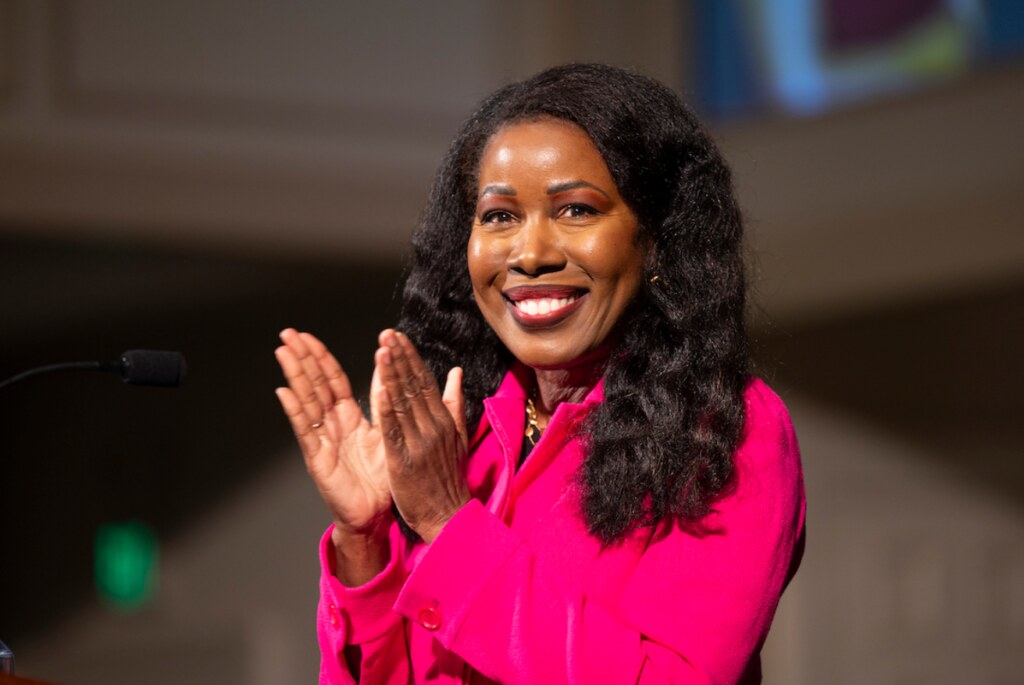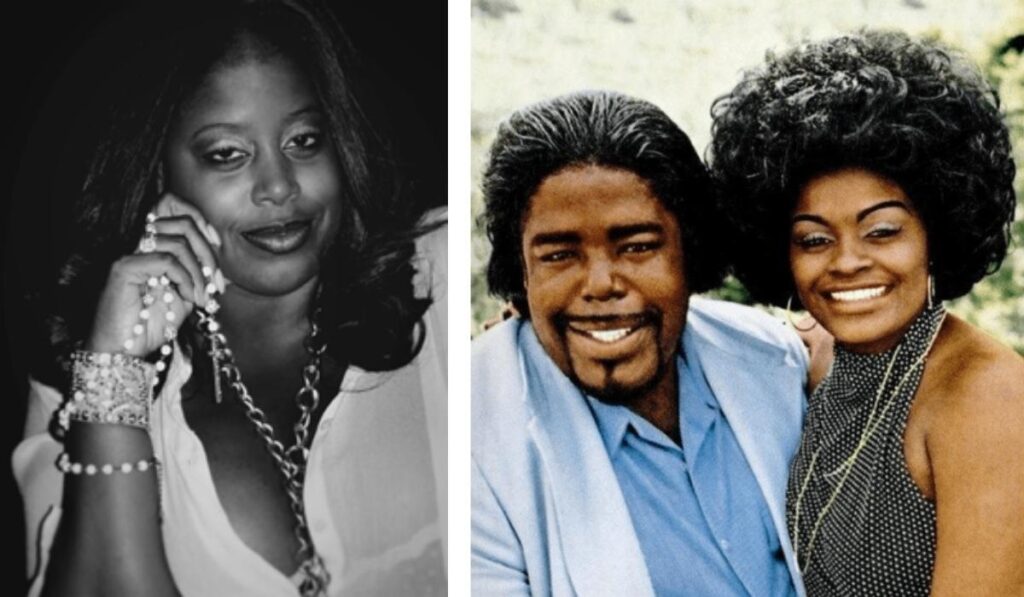Roderick Jeffrey Watts, a significant figure in the world of psychology and social justice, embodies the intersection of deep academic insight and a profound commitment to societal change. As Isabel Wilkerson’s husband, Watts not only shares a personal life with one of America’s most lauded authors but also upholds a professional ethos that complements and enhances Wilkerson’s exploration of history and humanity. This article delves into Watts’ life, exploring his educational background, his substantial contributions to his fields of expertise, and the ways in which his personal and professional lives intertwine with Wilkerson’s work.
QUICK BIO
| Detail | Information |
|---|---|
| Full Name | Roderick Jeffrey Watts |
| Profession | Professor of Psychology |
| Specialization | Personality Psychology, Social Justice |
| Education | Ph.D. in Clinical-Community Psychology |
| Teaching Positions | New York Graduate Center, DePaul University, Stellenbosch University |
| Notable Works | Co-editor of “Human Diversity: Perspectives” |
| Advocacy Focus | Social justice, mental health, racial equality |
| Marital Status | Married to Isabel Wilkerson |
| Personal Interests | Reading, Music |
| Philosophy | Integrating psychology with social justice to address oppression |
The Formative Years: Building a Foundation in Psychology

Watts’ journey into the realms of psychology and social activism began in his formative years, growing up in an environment where social issues were at the forefront of community consciousness. His pursuit of psychology was driven by a desire to understand and ameliorate the psychological impacts of racial and social injustice. Earning a Ph.D. in clinical psychology was just the beginning for Watts, as he sought to use his expertise to explore the dynamics of power, privilege, and oppression within society.
A Career in Community Psychology: Focus on Empowerment
Diving deeper into his career, Watts has distinguished himself in community psychology with a focus on empowerment-based approaches that enhance the well-being of marginalized groups. His work often involves developing theories and models that facilitate community members’ active engagement in overcoming social and psychological barriers. Watts’ innovative approaches have influenced numerous programs and initiatives designed to bolster community resilience and autonomy, particularly within African American communities.
Championing Social Justice Through Academic Endeavors

Watts’ academic contributions extend beyond traditional psychological research. He has authored numerous papers and book chapters that analyze the interplay between psychological practice and social justice. His scholarly work addresses complex social issues such as systemic racism, socioeconomic disparities, and community strategies for dealing with the psychological aftermath of discrimination. Watts advocates for a psychology that is not just therapeutic but also proactive in dismantling oppressive systems.
Collaboration and Influence: The Partnership with Isabel Wilkerson
The personal and professional partnership between Roderick Jeffrey Watts and Isabel Wilkerson is a dynamic and synergistic collaboration that enriches both their works. While Wilkerson provides narrative explorations of historical and cultural contexts, Watts brings psychological insights that deepen the understanding of individual and collective experiences. Their joint efforts contribute to broader discussions on race, identity, and the structures that shape societal interactions.
Advocacy and Action: Watts in the Field

Apart from his academic and theoretical work, Watts is deeply involved in on-the-ground advocacy and social justice initiatives. He frequently collaborates with nonprofits and community groups, providing workshops, training sessions, and keynote speeches that address the psychological aspects of social change. Through these activities, Watts directly influences the methods and strategies used by activists and community leaders to foster change and promote mental health.
Theoretical Contributions: Watts’ Models and Frameworks
One of the key aspects of Watts’ impact is his development of theoretical frameworks that integrate psychological concepts with social justice principles. His models often focus on empowerment, resilience, and resistance, offering new ways to think about and address the psychological impacts of oppression. These frameworks not only guide research but also inform practice and policy in ways that prioritize human dignity and social equity.
Legacy and Ongoing Impact

Looking at Watts’ ongoing impact, it is clear that his work will leave a lasting legacy in both psychology and the broader field of social justice. His focus on integrating psychological insight with social action continues to inspire new generations of psychologists, educators, and activists. Watts is committed to training and mentoring emerging scholars and practitioners, ensuring that his approach to psychology and social justice will endure and evolve.
Reflections on Personal Identity and Community
In his more reflective works, Watts often discusses the importance of personal identity in the context of community and social systems. He explores how individual narratives are shaped by broader social forces and how understanding one’s identity can play a crucial role in psychological health and societal engagement. These reflections add depth to the discourse on identity politics and the psychology of self and community.
Future Directions: The Evolution of Watts’ Work

As society continues to face new and complex challenges, Watts’ work remains relevant and increasingly vital. His recent focus on global social issues, including immigration and climate change, suggests that his future endeavors will continue to push the boundaries of psychology to address the urgent needs of a changing world. Watts’ ability to adapt and apply his expertise to contemporary issues ensures that his contributions will remain at the forefront of social and psychological sciences.
Conclusion: A Resounding Influence on Psychology and Society
In conclusion, Roderick Jeffrey Watts stands as a towering figure in the fields of psychology and social justice. His extensive body of work, characterized by deep commitment to societal betterment and an unwavering pursuit of equity, continues to influence disciplines and practices around the world. Through his unique combination of academic rigor, practical application, and personal passion, Watts not only supports but actively drives forward the conversations and actions necessary to create a more just and understanding society.
Frequently Asked Questions
1. Who is Roderick Jeffrey Watts?
- Roderick Jeffrey Watts is a distinguished psychologist and social justice advocate, known for his contributions to community psychology and as the husband of author Isabel Wilkerson.
2. What are some of Roderick Jeffrey Watts’ major contributions to psychology?
- Watts has made significant contributions to community psychology, focusing on empowerment and resilience within African American communities and the broader implications of psychological practices for social justice.
3. How has Roderick Jeffrey Watts impacted social justice?
- Through his research and active participation in community initiatives, Watts has worked to address and dismantle systemic barriers affecting marginalized groups, integrating psychological research with social justice advocacy.
4. What is the significance of Roderick Jeffrey Watts’ partnership with Isabel Wilkerson?
- Together, they work on projects that explore the intersections of psychology, history, and social justice, enhancing public understanding of these complex domains.
5. What can we expect from Roderick Jeffrey Watts in the future?
- Watts is likely to continue his influential work in academia and public service, inspiring further research and initiatives that promote social equity and mental health within community settings.









